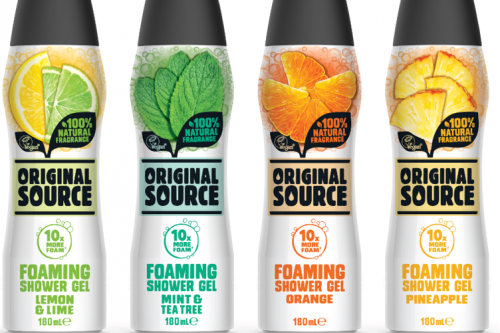Consumer products group hopeful of satisfactory annual performance

PZ Cussons, the Manchester-based international consumer products group, said it expects full year results to be in line with forecasts, so long as its key UK and Nigerian markets don’t deteriorate further.
In an update ahead of its annual general meeting today, it reported early progress on its new strategy including the disposal of a food business in Greece and a local Polish personal care brand, Luksja, for more than £50m.
It said its key markets continue to be impacted by consumer fragility, with the Nigerian economy remaining depressed, uncertainty in the UK and highly competitive markets in Australia.
However, the group said its balance sheet remains strong with cash generation in line with expectations.
In Europe and the Americas there was some encouraging progress in the group’s core brands. In the US the beauty category continued to perform well in the market, while the UK personal care brands were impacted by consumer uncertainty and heavy promotional activity, leading to lower revenue.
Asia Pacific revenues declined against the previous year. Continued good growth in Indonesia was offset by increased promotional spend in Australia across all categories.
Africa revenues continued to decline, albeit at a slower rate compared with last year, while good growth in the electricals category and selected premium brands was offset by the decline of value brands, primarily in home care.
The group said it anticipates market conditions will remain challenging across its key geographies for the balance of the first half of the year.
“Improvement is anticipated in the second half of the year, as planned marketing activities behind our focus brands and overhead reduction programmes take effect. The strategic refocusing and simplification of our activities will continue.”
It concluded: “We expect the full year results to be in line with prior year, adjusted for the impact of disposals, but dependent on no further worsening in our key markets, specifically the UK and Nigeria.”




